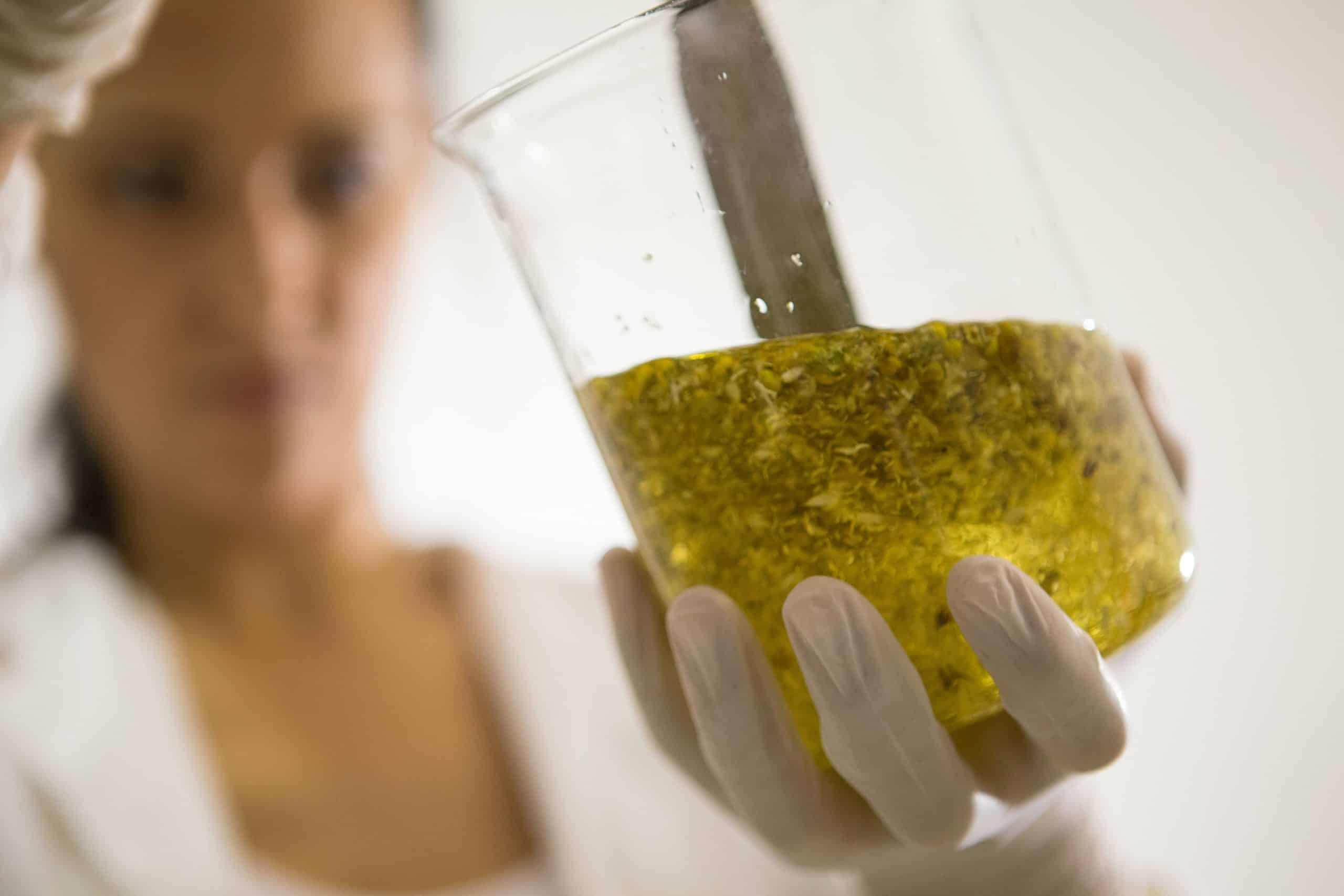Today, it is completely impossible and illegal to sell unregulated cosmetics on the market. And that's normal.
If products must meet different European standards such as regulation 1223/2009 or 655/2013, it is to protect the health of the consumer.
However, all these standards and official documents can be scary at first. Costomise explains the different laws that govern the cosmetics market.
The different regulations
If cosmetic products undergo so many tests, it is above all to be safe.
Here are the 2 types of regulations that concern the sector.
The one for development
This affects all standards related to the development and creation of the product itself:
– allergen tests;
– IFRA;
– toxicological expertise.
These are the substances that are analyzed and are perfectly dosed so as not to put allergenic/irritating components or to exceed the tolerance thresholds of certain ingredients.
The DIP (Product Information File) is a mandatory step in the marketing of your creation. In addition to the composition, it is important to mention several elements such as stability, identity of the person responsible, manufacturing method ...
This dossier complies with Directive 76/768/EEC and allows you to market your product in Europe.
The one for the production of cosmetics
Other rules apply for the production of the product. They are concentrated in Good Manufacturing Practices that meet the European standard ISO 22716.
These standards are dictated in EU Regulation No. 655-2013 of 10 July 2013.
Here, it is the design of the product itself that is controlled. This regulation makes it possible to avoid manufacturing or packaging errors. But also to monitor hygiene and cleaning to prevent contamination.
These GMP mainly concern:
– production;
– storage;
– quality control.

What is the purpose of cosmetic regulation?
To protect the consumer
Of course, the regulatory aspect of the sector is there to protect the consumer ! This is THE first reason. It goes without saying, it is essential not to endanger the health of the person who will use the cream, oil, shampoo or other.
Compliance with the regulations is a guarantee of quality and trust for customers.
For sale internationally
The European Union regulations in the cosmetics sector are one of the strictest.
With the arrival of new Asian or Indian competitors, who do not have the same standards, meeting EU laws allows to have quality products that can be exported abroad.
To claim the label
The label (organic, vegan...) is not part of the legislation as such. On the other hand, responding perfectly to the legal procedures is the first step to take the steps that allow you to claim the labels.
The risks of selling an unregulated cosmetic product
In addition to compromising customer safety, failing to comply with applicable laws puts you at risk of having your products removed from sale.
Indeed, the ANSM can, thanks to the DIP, control whenever it sees fit the various products placed on the market and withdraw them if they find non-compliance.
“In recent years, it is mainly terms such as “natural”, “organic” or even “without” and “with” which have been the subject of verification.”
Are you planning to create your eco-responsible cosmetics? What if we discussed it together to see how we can help you?

